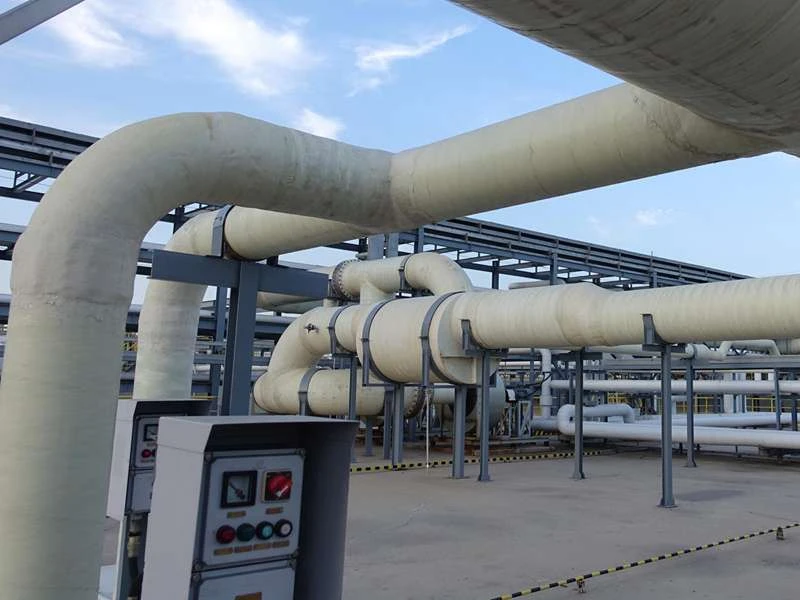
-
 Afrikaans
Afrikaans -
 Albanian
Albanian -
 Amharic
Amharic -
 Arabic
Arabic -
 Armenian
Armenian -
 Azerbaijani
Azerbaijani -
 Basque
Basque -
 Belarusian
Belarusian -
 Bengali
Bengali -
 Bosnian
Bosnian -
 Bulgarian
Bulgarian -
 Catalan
Catalan -
 Cebuano
Cebuano -
 China
China -
 China (Taiwan)
China (Taiwan) -
 Corsican
Corsican -
 Croatian
Croatian -
 Czech
Czech -
 Danish
Danish -
 Dutch
Dutch -
 English
English -
 Esperanto
Esperanto -
 Estonian
Estonian -
 Finnish
Finnish -
 French
French -
 Frisian
Frisian -
 Galician
Galician -
 Georgian
Georgian -
 German
German -
 Greek
Greek -
 Gujarati
Gujarati -
 Haitian Creole
Haitian Creole -
 hausa
hausa -
 hawaiian
hawaiian -
 Hebrew
Hebrew -
 Hindi
Hindi -
 Miao
Miao -
 Hungarian
Hungarian -
 Icelandic
Icelandic -
 igbo
igbo -
 Indonesian
Indonesian -
 irish
irish -
 Italian
Italian -
 Japanese
Japanese -
 Javanese
Javanese -
 Kannada
Kannada -
 kazakh
kazakh -
 Khmer
Khmer -
 Rwandese
Rwandese -
 Korean
Korean -
 Kurdish
Kurdish -
 Kyrgyz
Kyrgyz -
 Lao
Lao -
 Latin
Latin -
 Latvian
Latvian -
 Lithuanian
Lithuanian -
 Luxembourgish
Luxembourgish -
 Macedonian
Macedonian -
 Malgashi
Malgashi -
 Malay
Malay -
 Malayalam
Malayalam -
 Maltese
Maltese -
 Maori
Maori -
 Marathi
Marathi -
 Mongolian
Mongolian -
 Myanmar
Myanmar -
 Nepali
Nepali -
 Norwegian
Norwegian -
 Norwegian
Norwegian -
 Occitan
Occitan -
 Pashto
Pashto -
 Persian
Persian -
 Polish
Polish -
 Portuguese
Portuguese -
 Punjabi
Punjabi -
 Romanian
Romanian -
 Russian
Russian -
 Samoan
Samoan -
 Scottish Gaelic
Scottish Gaelic -
 Serbian
Serbian -
 Sesotho
Sesotho -
 Shona
Shona -
 Sindhi
Sindhi -
 Sinhala
Sinhala -
 Slovak
Slovak -
 Slovenian
Slovenian -
 Somali
Somali -
 Spanish
Spanish -
 Sundanese
Sundanese -
 Swahili
Swahili -
 Swedish
Swedish -
 Tagalog
Tagalog -
 Tajik
Tajik -
 Tamil
Tamil -
 Tatar
Tatar -
 Telugu
Telugu -
 Thai
Thai -
 Turkish
Turkish -
 Turkmen
Turkmen -
 Ukrainian
Ukrainian -
 Urdu
Urdu -
 Uighur
Uighur -
 Uzbek
Uzbek -
 Vietnamese
Vietnamese -
 Welsh
Welsh -
 Bantu
Bantu -
 Yiddish
Yiddish -
 Yoruba
Yoruba -
 Zulu
Zulu
fiberglass transport tank
The Importance of Fiberglass Transport Tanks in Modern Industry
In the realm of industrial transportation, fiberglass transport tanks have emerged as a vital solution for storing and transporting various liquids, ranging from chemicals to food products. These tanks are crafted from a composite material that combines glass fibers with resin, creating a robust and lightweight option that outperforms traditional materials like metal and plastic.
One of the most significant advantages of fiberglass transport tanks is their corrosion resistance. Unlike metal tanks, which can rust and degrade when exposed to certain chemicals, fiberglass tanks maintain their integrity over time. This property is crucial for industries dealing with aggressive chemicals, as it ensures that the contents remain uncontaminated and safe for use.
Moreover, fiberglass tanks are incredibly durable. They can withstand extreme temperatures and pressures, making them suitable for a wide range of applications. This robustness translates into lower maintenance costs and longer lifespan compared to other tank materials. Companies investing in fiberglass transport tanks can expect a high return on investment due to their longevity and reliability.
fiberglass transport tank

Weight is another critical factor where fiberglass excels. Compared to traditional materials, fiberglass tanks are significantly lighter, which translates to lower shipping costs and easier handling during installation. This feature is especially beneficial for applications where mobility is crucial, such as in agricultural and manufacturing environments.
Additionally, fiberglass transport tanks are customizable. Manufacturers can tailor the size, shape, and design of the tanks to meet specific customer needs. This flexibility allows companies to efficiently optimize their operations, as they can implement tank solutions that fit seamlessly within their existing infrastructure.
Safety is paramount in any industry, and fiberglass transport tanks have a built-in advantage in this area as well. They are less prone to leaks and ruptures compared to other materials, reducing the risk of environmental contamination and accidents. Furthermore, the non-toxic nature of the materials used in fiberglass construction makes these tanks suitable for the storage of potable water and food-grade products.
In conclusion, fiberglass transport tanks represent a modern, efficient, and safe solution for the storage and transportation of various liquids in different industries. With their corrosion resistance, lightweight design, durability, customizability, and enhanced safety features, they are quickly becoming the preferred choice for businesses looking to optimize their operations while ensuring compliance with safety standards. As industries continue to evolve, the role of fiberglass transport tanks is expected to grow, driving innovations in materials science and manufacturing processes.









